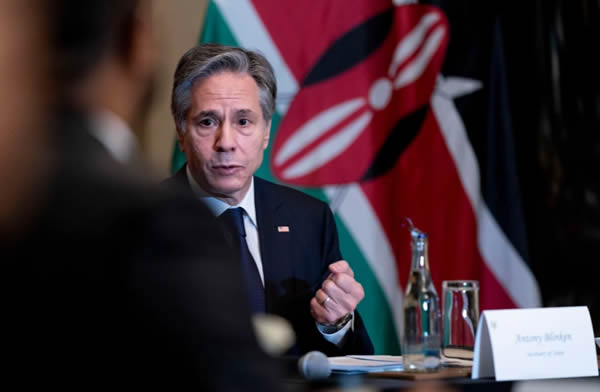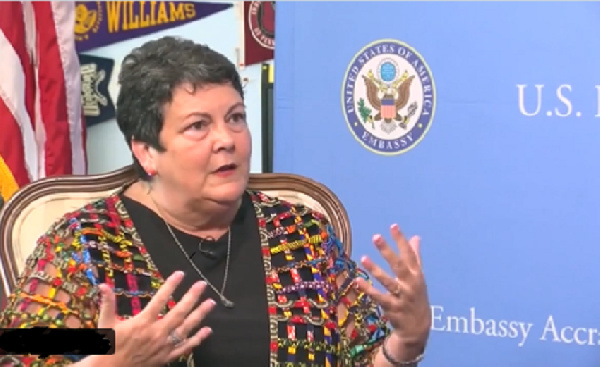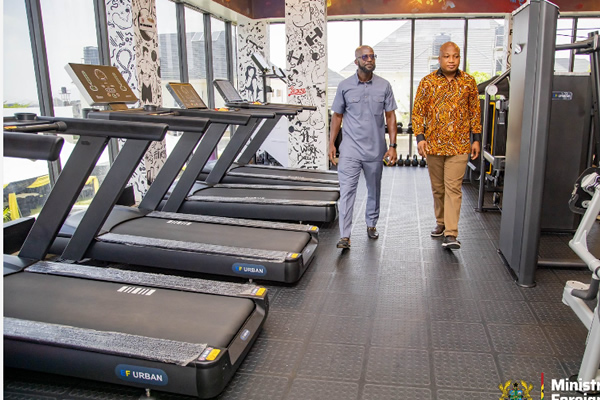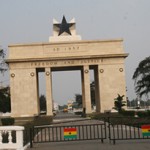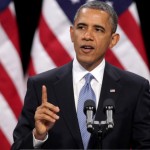 Mr Claude Maerten, Head of European Union (EU) delegation to Ghana, has said the low representation of women in politics was an indication that Ghana was not maximizing its full potential for development.
Mr Claude Maerten, Head of European Union (EU) delegation to Ghana, has said the low representation of women in politics was an indication that Ghana was not maximizing its full potential for development.
He called on government to develop needed measures to rectify the situation as women constitute about 51 per cent of Ghana’s population.
Mr Maerten said this on Thursday during the annual EU Day celebration in Accra.
The EU Day celebration which was under the theme: “Promoting Gender Equality; EU and Ghana Working Together,” brought together intellectuals from different backgrounds to deliberate on issues relating to gender equality.
It was organised in collaboration with the Ministry of Gender, Children and Social protection.
Mr Maertern lauded the crucial role that women played in the socio-economic development of all nations adding that the EU considered gender equality as a human right, and a central goal in achieving the development of all societies.
He noted the nation had implemented some progressive policies that promote gender equality in both private and public spheres of the country.
Mr Maertern cited the drafting of an affirmative action policy for women’s representation on government and public boards and the provision of paid maternity leave as some of the policies.
“Also the establishment of a domestic violence and victims support unit under the Ghana Police Service and programmes to improve women’s access to micro-credit are also some of them,” he said.
Mr Maertern also commended Ghana for the important steps it had taken over the years to conform to international conventions and protocols.
He called on Government to work to ensure that women had access to good healthcare and reduce the current maternal mortality rates which stands at about 350 deaths per 100,000 live births.
Mr Maerten said the objective sets the tone for national discussion and advocacy for gender equality.
Mrs Benita Sena Okitty-Duah, Deputy Minister, Ministry of Gender, Children and Social Protection, said Government was committed to gender issues in the country hence appointing a minister for the sector.
She cited commitment to the Millennium Development Goals, the Beijing Declaration, the Ghana Shared Growth and Development Agenda and others as a clear indication on Government’s side to enhance gender equality.
Topics discussed included “Women and Culture, Media and Political Empowerment”, “Women and Health and Social Protection”, and “Women and Economic Empowerment”.
Source: GNA




